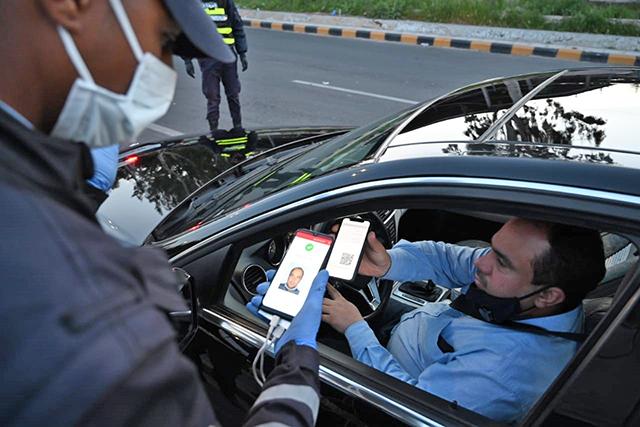- Local News
- Web-2020-04-08 | 01:58 pm

"Social media platforms and new technologies have a great impact on our daily lives and we are all aware of it,” Sociologist Hussein Khozahe told The Jordan Times on Monday.
Khozahe noted that social media allows people to connect with their families, friends and contacts from the comfort of their homes with a single click, even in the midst of the current COVID-19 crisis.
"With technology, there is nothing called social distancing — the right term is physical distancing, as everyone can make video calls, text, send pictures and air their opinions, fears and emotions via digital platforms," Khozahe observed.
During the COVID-19 outbreak, blogs, electronic newspapers and messaging apps as well as other social media tools have updated people with necessary precautions to avoid infection and have helped nations learn from the lessons and experiences of other countries in mitigating the contagious virus, the sociologist said.
However, it has also lent to the creation of "myriads” of fake advisories and falsified information, "shaping new dimensions of inaccuracy”, he added.
Selina Varouqa, a Jordanian computer scientist, told The Jordan Times on Monday that technology has been a "useful asset” during the outbreak, as it has kept educational courses going as well as many businesses "up and running”.
She also pointed to the use of tools such as chatbots and electronic health records.
As for social media, Varouqa called it "a double-edged sword", as it is an extensive resource that at the same time can create "waves of misinformation”, especially rumours related to the virus.
Maen Abki, a specialist in psychiatry and addiction, said that any crisis, trauma or uncomfortable situation generates "high levels of uncertainty and heavy doses of fear”, particularly when individuals do not already have the coping mechanisms to deal with the stress.
Therefore, he said, many turn to social media, which releases dopamine, offering temporary relief and "pulling various psychological strings”.
"There is no doubt that these platforms have raised people's awareness in all spheres of life, resolved their uncertainties and answered fundamental questions by making sense of certain situations while people are isolated from each other," Abki told The Jordan Times on Tuesday.
Deya Elayyan, one of Jordan's top social media and entertainment influencers and entrepreneurs, told The Jordan Times that, during this crisis, the engagement levels of Jordanians on media platforms has peaked in an "unprecedented way”, putting influencers in the spotlight.
"We are the ones who are putting smiles on people's faces, especially during the curfew, so staying positive is our number one priority amid the outbreak, with the aim of reducing virus-related tension," he said.
"As an influencer, I make sure that the news I circulate is not false," added Elayyan, who has nearly 800,000 followers on Instagram.










